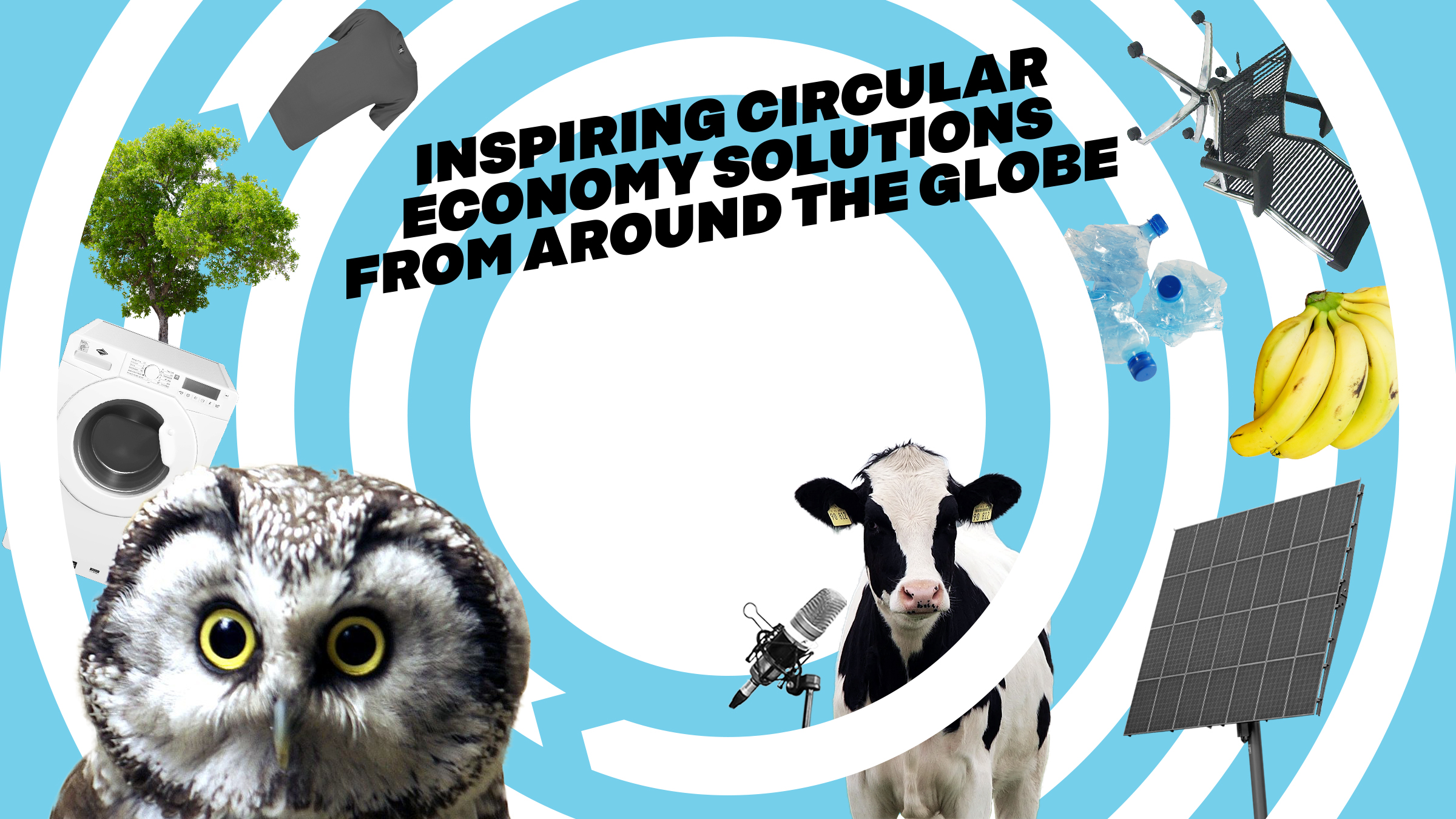Optel Group’s Intelligent Supply Chain platform records the digital journey of any material flow from cradle to grave – from raw materials to the consumer and beyond. This enhanced visibility is used by companies to optimise their material flows and make more informed circular decisions related to product design.
Optel was founded in 1989 and began developing technology related to supply chain traceability. Over time, the company’s solutions were applied to various sectors, allowing collaboration amongst different actors. As technology and processes evolved, the company was able to track a product’s lifecycle all the way to end users. Key partnerships with universities and innovation organisations, as well as acquisitions of technology start-ups, have supported Optel’s growth.
Problem
A key obstacle to achieving circular economies is identifying materials used in production across supply chains. Without visibility over what kind of materials are used and to what extent, the environmental impacts of products and services are difficult to identify and the opportunities for improving their sustainability are limited. Lack of information also hinders the reuse and recycling of products.
Solution
On the platform technologies such as mobile data collection apps, scanning systems, geographic information systems and artificial intelligence provide information on material flows such as their location, output and quality. Optel also uses gamification so system users are encouraged to engage in behavioural changes that support a circular economy.
Optel Group is part of a large network of actors. In addition to their customers, Optel’s network consists of industry associations, recycling and waste organisations, universities, government agencies and charities.
Environmental impact
Optel Group helps their clients to improve their sustainability performance with better materials management that fosters circular use of materials and reduces greenhouse gas emissions. Through their technology solutions, Optel Group facilitates the identification of materials for reuse and recycling, supporting the growth of the secondary market.
Social impact
Optel Group solutions enable the creation of jobs from waste diversion and resource efficiency, which are also key components of a circular economy. The gamification systems create positive social impacts by incentivising users towards sustainable behavioural changes that may improve their health and well-being.


Inspired?
Check out all solutions.